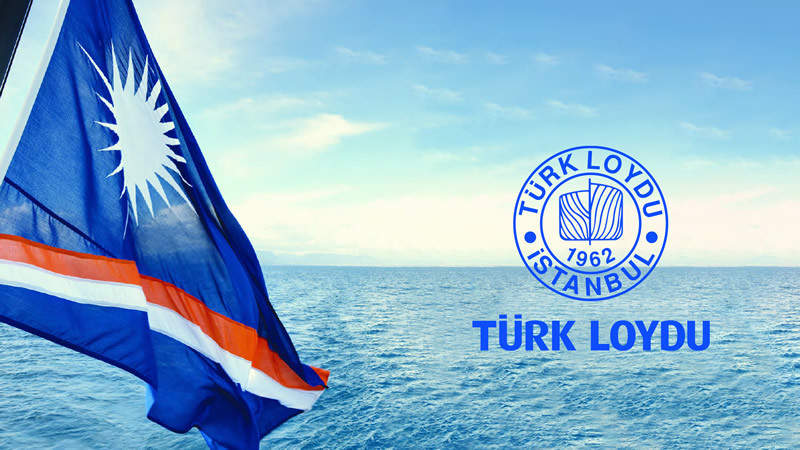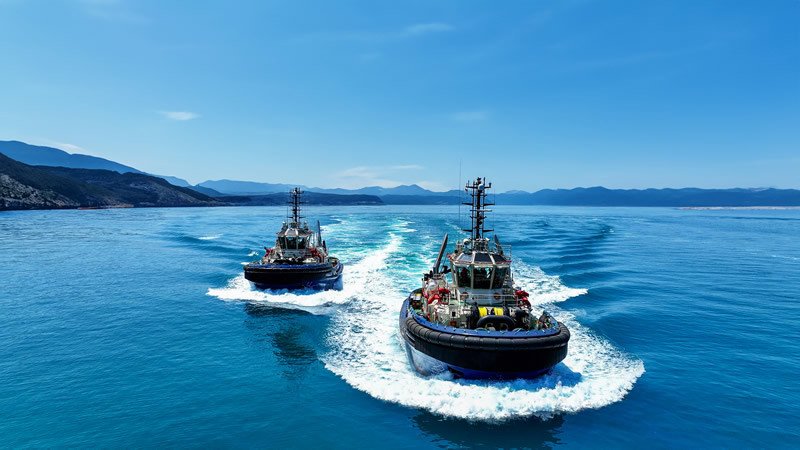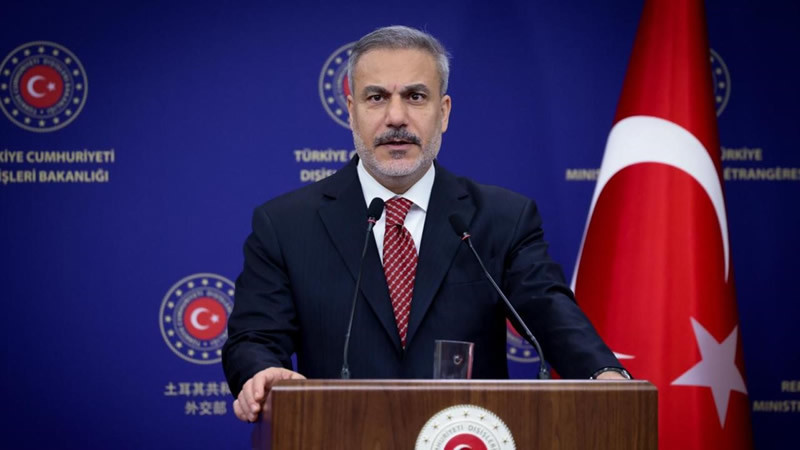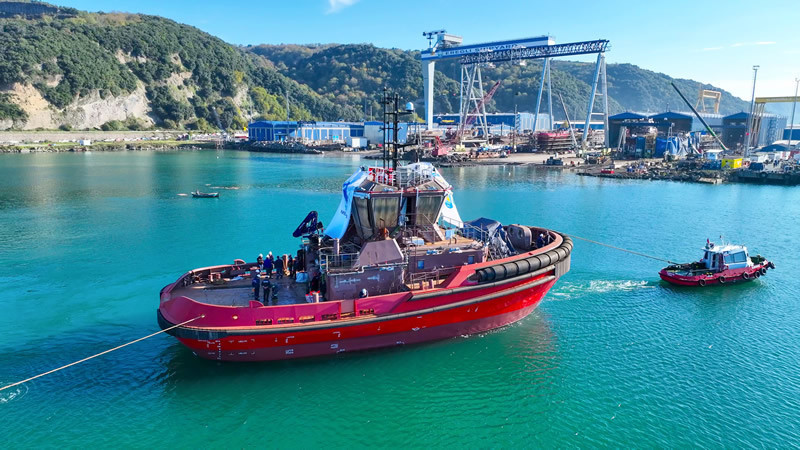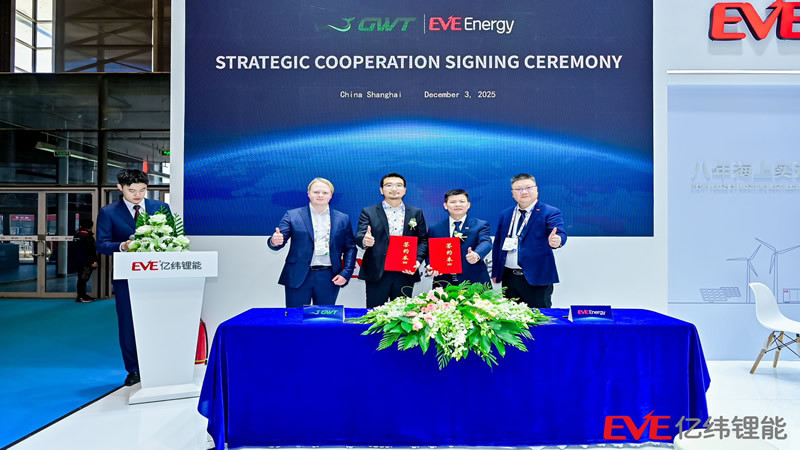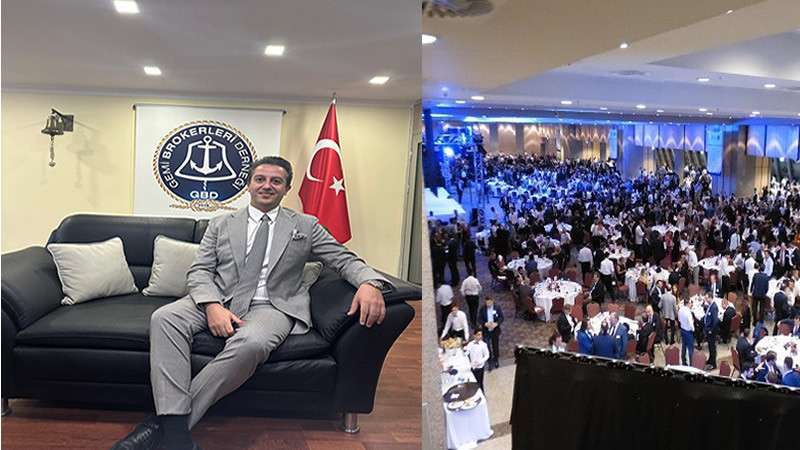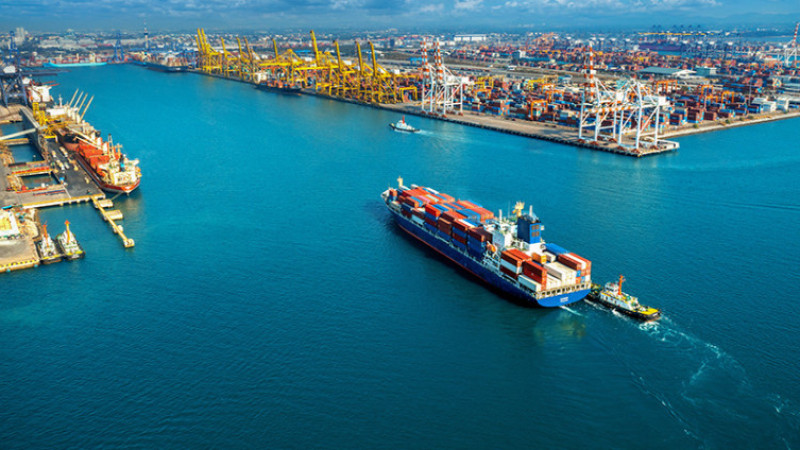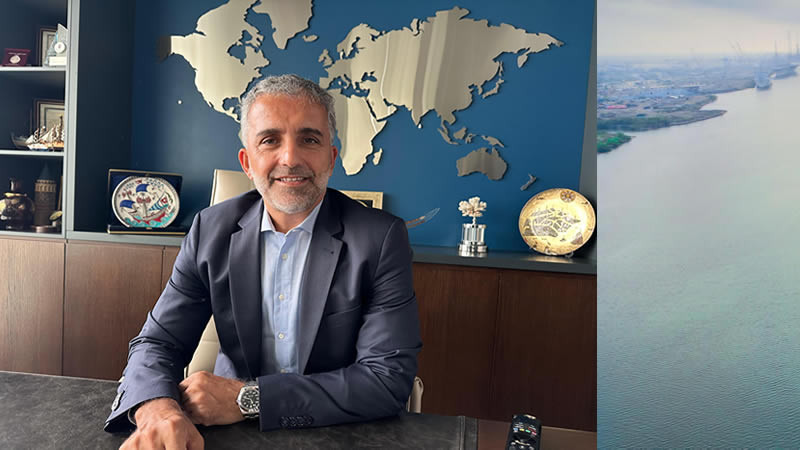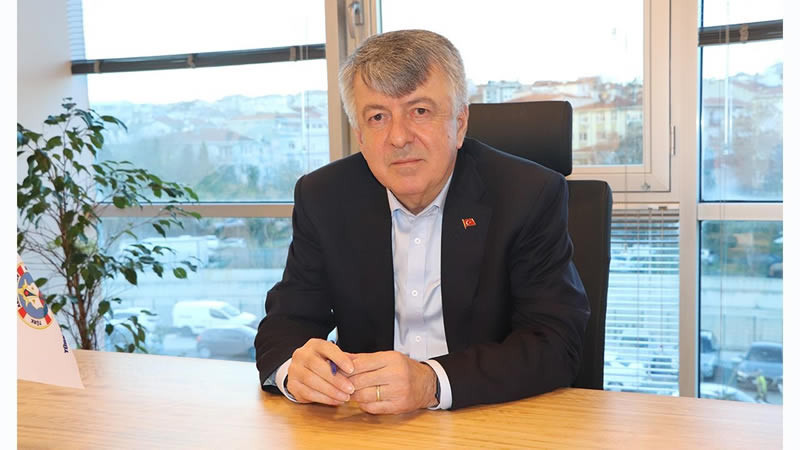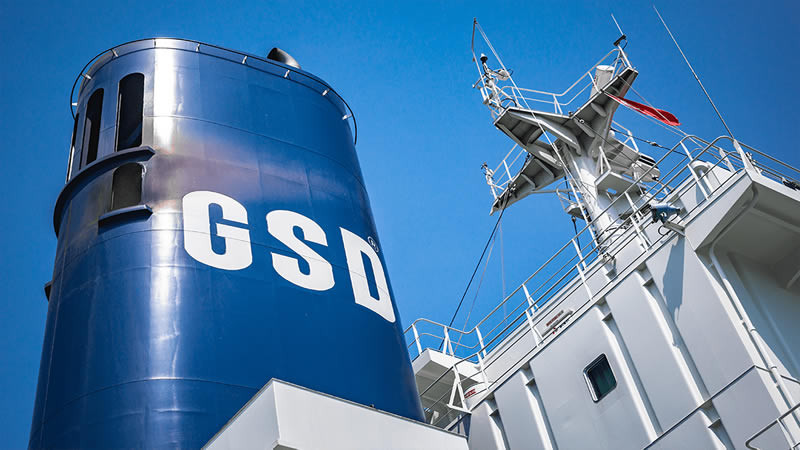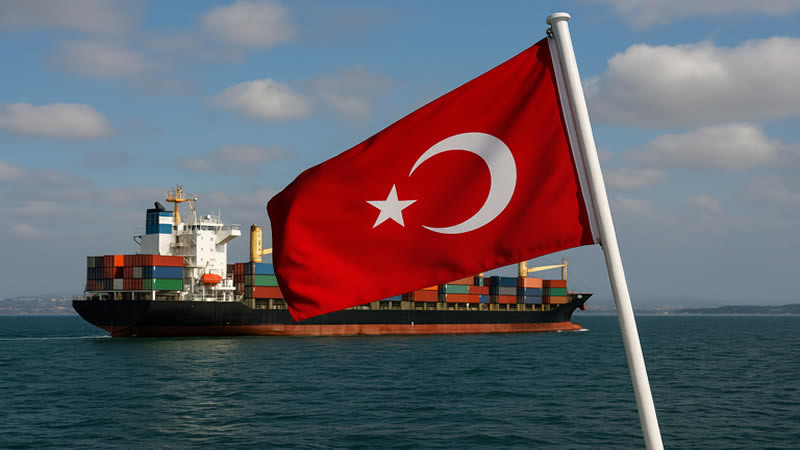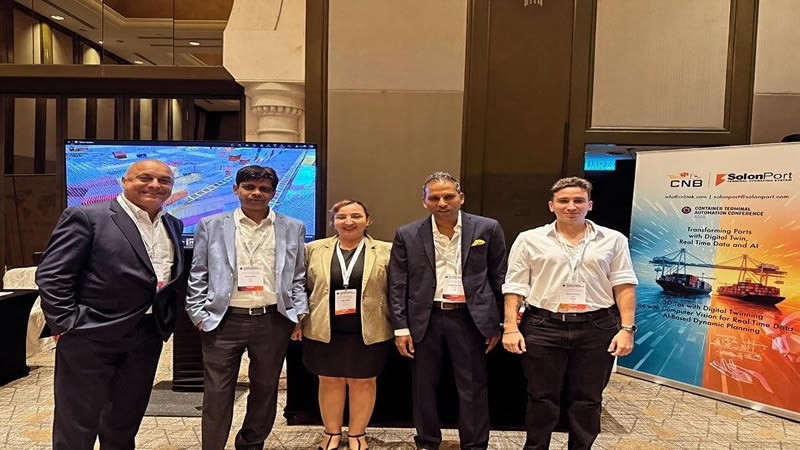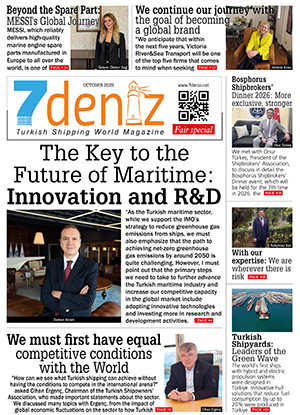Turkish Ports Struggle Amidst Lack of Grant Funding for Green Transition
The absence of grant support is putting pressure on Turkish ports, creating a competitive disadvantage and cost burden, according to Hamdi Erçelik...
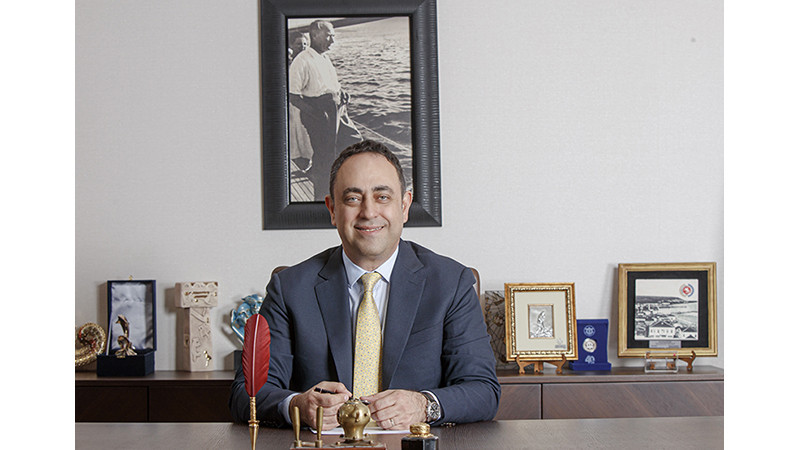
The absence of grant support is putting pressure on Turkish ports, creating a competitive disadvantage and cost burden, according to Hamdi Erçelik, Chairman of the Board of TÜRKLİM (Turkish Port Operators Association). While European ports are encouraged to adopt environmentally friendly practices and are provided with grant funds to establish the necessary facilities, a different reality exists in Türkiye.
"In Europe, most countries have port authorities, which are public institutions that carry out these investments. In the EU, nearly all 'cold ironing' facilities (onshore power supply) for ships are established by port authorities and then handed over to terminal operators for operation," Erçelik explains. "In Türkiye, however, our ports, as terminal operators, are expected to bear the entire investment cost themselves. It's not possible for these facilities to be established or supported by the public sector."
2050 goal: Net-zero greenhouse gas emissions
Erçelik states that Turkish ports are aligning their environmental transformation goals with the Paris Agreement, the International Maritime Organization (IMO) 2050 vision, and especially the European Union's Green Deal requirements and targets, as the EU is Türkiye's most significant trade partner. He summarizes Türkiye's 2050 objective as achieving net-zero greenhouse gas emissions while minimizing marine and air pollution.
EU Green Deal compliance demanded, but no grant support
Highlighting the EU Green Deal's decisive role in green port applications, Erçelik notes that components like the inclusion of shipping in the EU Emissions Trading System (ETS), the FuelEU Maritime initiative, support for alternative fuel infrastructures (Alternative Fuels Infrastructure Regulation - AFIR), and the Carbon Border Adjustment Mechanism (CBAM) directly impact ports.
He adds that due to the international nature of shipping, Turkish ports are indirectly following the EU Green Deal's roadmap. While these regulations set rules for ports to follow, they also create support mechanisms. "For example, project grants for the green transformation of ports are provided from the funds generated by ETS and AFIR. In 2023 alone, €109 million in support was provided from the Connecting Europe Facility (CEF) fund for the establishment of cold ironing facilities. The total amount of grants provided by the EU for the green transformation of ports reaches several billion euros each year," Erçelik says.
"However, while our ports are expected to comply with the EU Green Deal criteria, there is no green transformation grant support available. Türkiye needs to create its own green transformation funds and start providing grant support for the green transformation of its entire maritime sector," he urges. 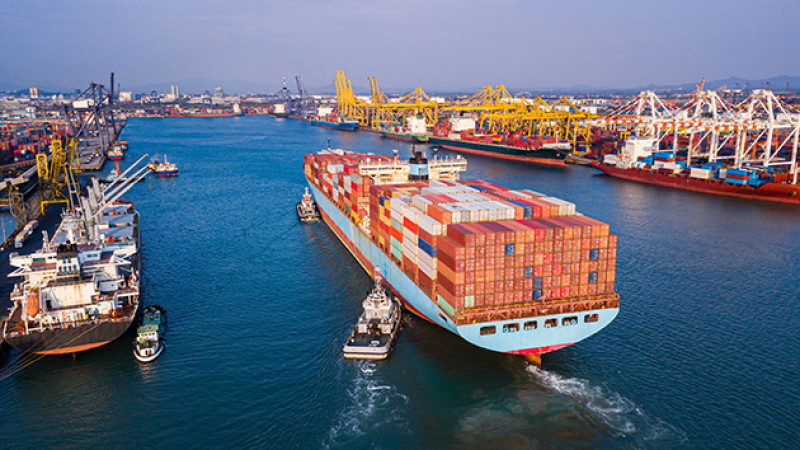
Turkish ports have already reduced their emissions
Erçelik emphasizes that Turkish ports have significantly reduced their own waste and emissions. "Services are provided with instruments like waste control and the conversion of cargo handling equipment to electric systems," he states.
The largest sources of emissions, he says, are ships at anchor and alongside the berth, tugboats servicing them, and land vehicles entering the port. He explains that ports are asked to support the reduction of emissions from these vessels and vehicles. "From a maritime perspective, they're being asked to provide electricity to ships at the berth, or even at the anchorage, to allow them to turn off their generators and eliminate air emissions in port areas. Ports are also required to handle all ship waste and transfer it to waste reception facilities," he adds.
While ports are making investments in areas where rules are mandatory, they are facing difficulties with non-mandatory issues. "For instance, it is not mandatory for ships to use onshore power supply. Establishing a high-cost cold ironing facility could lead to idle investments if ships choose not to use them. For this reason, the establishment of these facilities will be delayed until mandatory usage is imposed on both parties," Erçelik says.
Source: 7deniz Magazine


